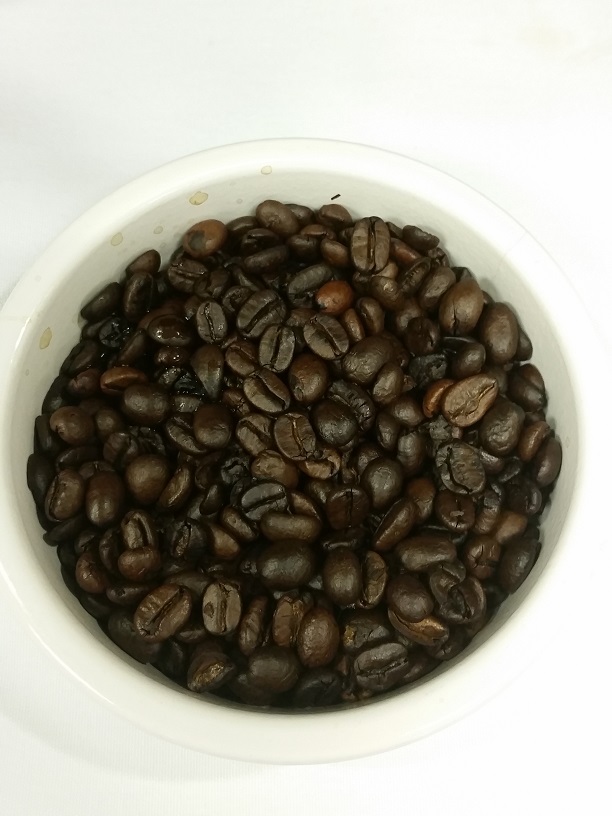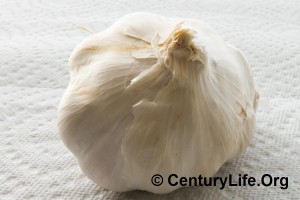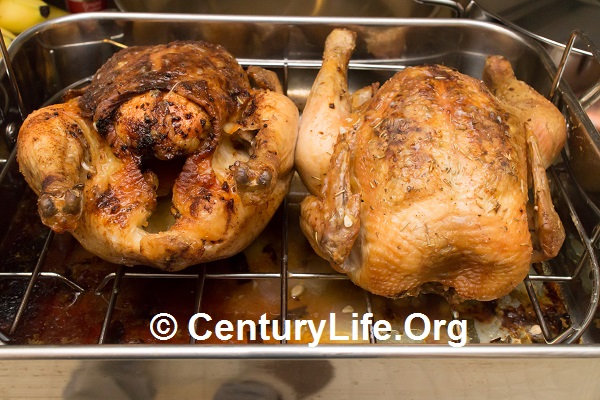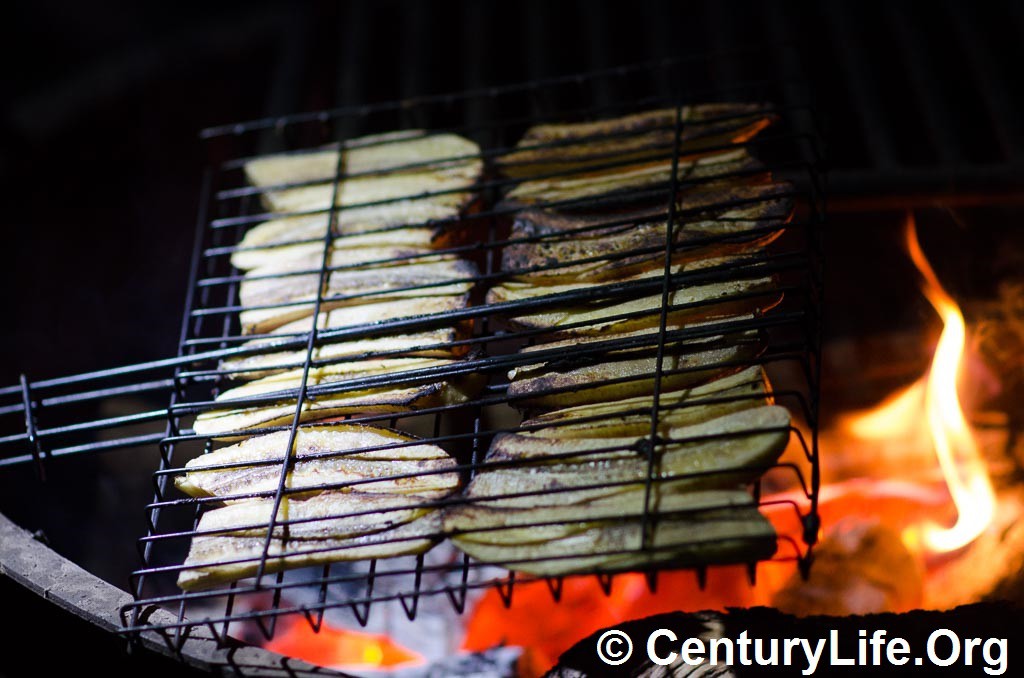A Columbia University study is circulating on the internet right now; the study has found a correlation between eating a Mediterranean diet (heavy on vegetables/herbs, fish, legumes, nuts, and olive oil, but relatively low on meat) and staving off brain shrinkage.
This comes fast on the heels of a Scientific American article entitled Mediterranean Eating Habits Prove Good for the Brain: A Mediterranean-style diet may slow memory loss, even if adopted late in life, which also finds some potential brain health benefits to the Mediterranean diet.
Updated October 26, 2015 to add: In other news, WHO states the obvious that processed meats, especially red meats, are linked to cancer. Freshly cooked meat isn’t as bad as processed meats (bacon, sausage, deli meats, smoked meats, etc.), which have chemicals/preservatives added. Also, I’m working on an in-depth article about longevity which will touch on these kinds of topics, but it’s a huge topic with a lot of dubious science to sort through. Nevertheless, we’re starting to get more and more promising research about the relationship between nutrition and aging well.



